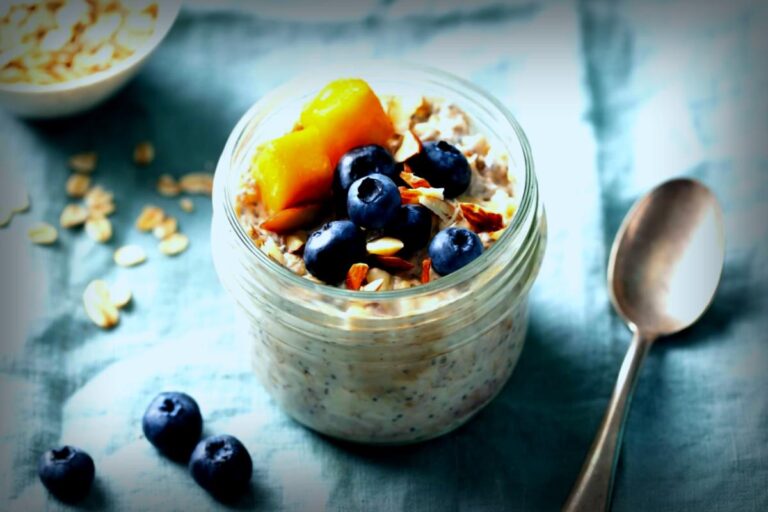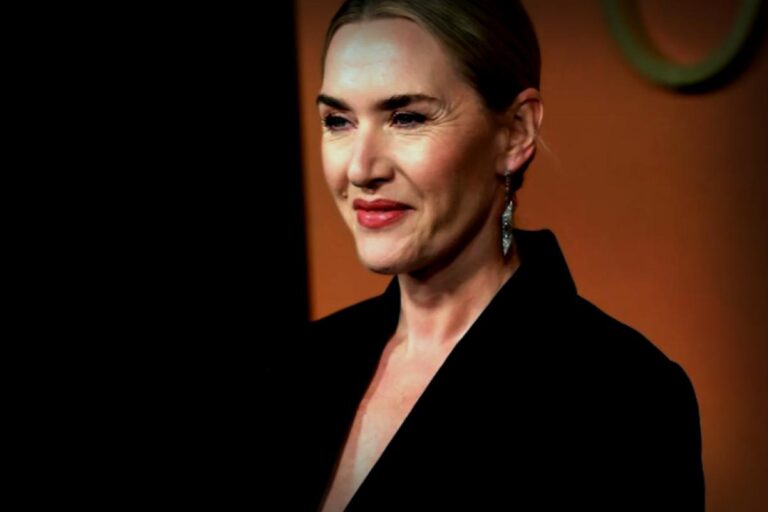Isn’t it fantastic when your daily ritual is actually good for you? For many, a steaming cup of coffee is a must-have to kickstart the morning, and guess what? Recent research suggests that this beloved beverage might also support healthy aging!
Studies show that women who sip on 2 to 4 cups of coffee during midlife are more likely to celebrate their 70th birthday without major health issues. Interestingly, tea and decaf versions don’t pack the same punch.
What Makes Coffee So Beneficial for Longevity?
A study shared at the American Society for Nutrition conference this June followed a whopping 47,000 female nurses. Experts hypothesize that caffeine and antioxidant-rich compounds, like chlorogenic acids, help fend off diseases such as heart conditions and cancer, along with boosting overall longevity.
According to Fang Fang Zhang, an epidemiologist from Tufts University who contributed to previous coffee studies, “Coffee beans hold bioactive elements that appear to enhance longevity.”
Caffeine also comes into play by affecting our energy balance and basal metabolism—the way our bodies process energy at rest. This can have a knock-on effect on weight over time, tied to issues like type 2 diabetes and heart disease. Furthermore, chlorogenic acids are known to improve insulin sensitivities and even help lower blood pressure.
Additionally, Zhang points out that coffee might also enhance gut health by promoting diversity within gut bacteria, providing more reasons to enjoy your morning brew!
What Kind of Coffee Consumption is Most Effective?
Dr. Zhang emphasizes that how you take your coffee matters. Her findings from a summer 2025 study involving 46,000 adults reveal that just a couple of cups a day can significantly lower the risk of early death. However, exceeding three cups didn’t yield extra benefits in longevity.
It’s interesting to note that the nurse study relied on a food frequency questionnaire, whereas the general population study utilized detailed recalls about what participants had consumed, possibly making the latter a closer representation of true coffee consumption habits. This finding is a revelation since even moderate coffee intake can bring about notable health perks.
The way you prepare your coffee plays a crucial role too. If you load it with sugar and fats, you might cancel out some of its advantages. Specifically, exceeding half a teaspoon of sugar per 8 ounces or using too much cream or milk can diminish the benefits.
Also, let’s remember that not everyone has the same tolerance for caffeine. Some folks may feel jittery or experience more serious issues like heart palpitations or insomnia. Those individuals might want to gauge how much coffee is suitable for them.
In short, the common joy of enjoying that morning cup of joe mostly brings positivity. Just limit sugar and creams, avoid processed additives, and you should be good! Coffee could very well be your companion that helps you kick off each day—both now and in the long run.
This content is for informative purposes only and does not serve as medical advice.
Supporting Studies and Sources
Writers at Discovermagazine.com ensure that our articles come backed by credible, peer-reviewed research and meticulous review standards. Below are the sources cited for this article:
-
Nutrients: Role of Chlorogenic Acids in Controlling Oxidative and Inflammatory Stress Conditions
-
Basal Metabolic Rate: The Contribution of Raised Metabolic Rate in the Weight Loss Associated with Alzheimer’s Disease
-
The Journal of Nutrition: Coffee Consumption and Mortality among United States Adults: A Prospective Cohort Study
Sara Novak is a science journalist from South Carolina, with contributions appearing across multiple platforms including Scientific American and Popular Science. She holds a BA in Journalism and is pursuing an MS in science writing at Johns Hopkins University.





















